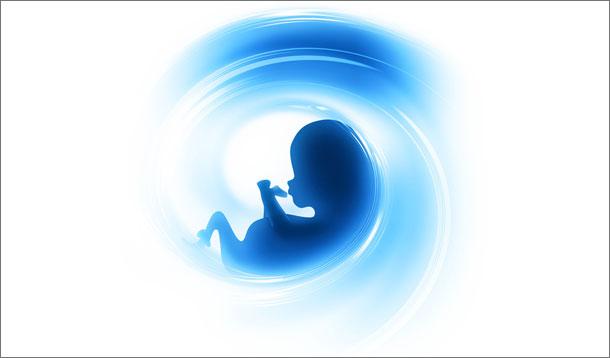
It's National Infertility Awareness Week. In the U.S. alone, approximately 7.3 million people are affected by reproductive and fertility issues. Sadly for many women, there is no sign that she may not be able to conceive until she tries to start a family.
The FIRST RESPONSE® Fertility Test For Women is a simple, at-home test women can take to gauge a woman’s ovarian reserve before she even tries to fall pregnant. The best part is there is no medical involvement required; the test can be performed in the comfort -- and privacy -- of her own home (ironically, just like a pregnancy test).
Infertility affects everyone it touches. It is hard enough going through it without having the facts.
Dr. Mary Jane Minkin, a clinical professor of Obstetrics and Gynecology at Yale University School of Medicine and First Response Spokesperson, has debunked some common myths surrounding infertility:
"MYTH: Fertility problems only occur after age 35.
FACT: According to Dr. Minkin, while age is definitely a factor in your chances of getting pregnant, it’s not the only one. Endometriosis, irregular periods and Polycystic Ovary Syndrome may limit your chances of becoming pregnant. Dr. Minkin suggests that if you’re in your twenties and have been trying to get pregnant for over a year, or are in your thirties and have been trying for more than 6 months without luck, see your doctor for evaluation.
MYTH: Having sex as much as possible will increase chances of conception.
FACT: Chances of conception are highest during the time of the woman’s ovulation. To ensure you know the two days of your cycle when you’re most fertile and more likely to conceive, Dr. Minkin suggests tracking your ovulation with a product such as the First Response® Digital Ovulation Test. This test tracks your unique hormone levels to determine your personal LH surge, which precedes ovulation by 24-36 hours.
MYTH: Getting pregnant will happen right away once you stop taking the pill.
FACT: Your body needs time to adjust to new hormone levels and return to your natural cycle. Dr. Minkin informs that you can get pregnant quickly; however your body will most likely need a period of readjustment."
Fess up, did you believe any of the above myths?